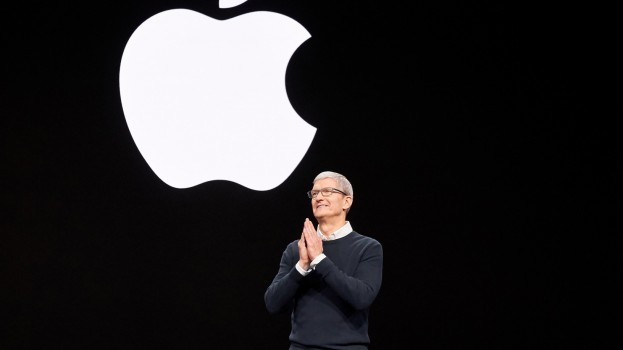Apple announced financial results for its second fiscal quarter 2025, ended March 29. The company posted quarterly revenue of $95.4 billion, an increase of 5% year-over-year, and quarterly diluted earnings per share of $1.65, an increase of 8% year-over-year.
Apple’s Services division saw significant growth, reaching $26.65 billion in revenue during the quarter, an 11.6% increase year-over-year. This division includes iCloud subscriptions, services like Apple Music and Apple TV+, warranties and revenue from search licensing agreements, such as its deal with Google to be the default search engine on iOS. Although services revenue grew, it fell slightly short of expectations. Last year, Apple’s services division grew 14% during the March quarter.
The growth in services is notable, especially considering Apple’s ongoing involvement in the U.S. Google antitrust case, which could impact its lucrative search engine deal. In February, Apple attempted to stay the case but was denied by a U.S. District Court judge, who stated that Apple hadn’t provided sufficient justification for its motion. This denial follows a previous rejection in December where Apple sought to participate in the remedies phase but missed the filing deadline.
Overall, the company’s hardware performed well. Its Mac sales increased by nearly 7% to $8 billion, while iPad sales jumped 15% to $6.4 billion. Despite strong performance in these areas, wearables sales, including Apple Watch and AirPods, dropped 5% to $7.52 billion compared to the same period last year.
Sales in the Americas, Apple’s largest market, rose nearly 8%, driven by increased consumer demand ahead of tariffs. During the earnings call, CEO Tim Cook (pictured) provided Apple’s first comments on the impact of tariffs on its business, saying that Apple saw “limited impact” from tariffs in the March quarter, thanks to effective supply chain optimization.
According to Cook, the company anticipates tariffs will increase its costs by $900 million in the current quarter, assuming no additional tariffs or significant changes. Cook noted that predicting beyond June is challenging due to uncertainty surrounding future tariff developments.
“We will manage the company the way we always have with thoughtful and deliberate decisions, with a focus on investing for the long term and with dedication to innovation and the possibilities it creates,” Cook said on the call. “As we look ahead, we remain confident.”
Apple also delayed some AI features, including upgrades to Siri, from last summer to next year, potentially affecting the appeal of its latest iPhones. Cook explained that the delay was necessary to ensure the features meet Apple’s high standards, saying, “We need more time to complete our work on these features so they meet our high quality bar.”
The company forecasts revenue growth of “low to mid-single digits” for the current quarter compared to last year’s June quarter, which saw $85.78 billion in sales. The company also expects a gross margin of 46% at the midpoint, factoring in tariff costs. Analysts had projected earnings per share of $1.48 on $89.45 billion in sales.























